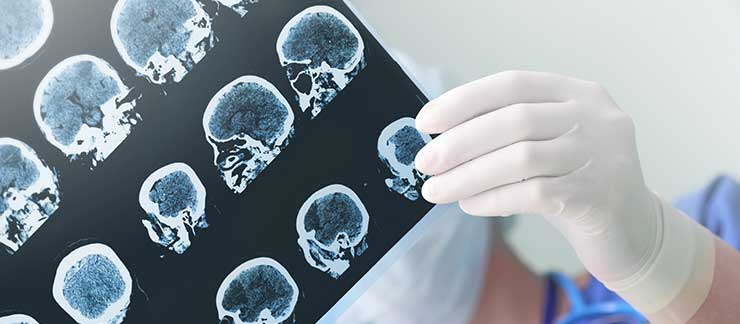
What to Do if You Suspect an Alzheimer’s Misdiagnosis?
Researchers have found that about 20% of Alzheimer’s cases may be misdiagnosed. Other studies have found that people with Alzheimer’s have symptoms that are mistaken for other conditions. As a result, they don’t receive treatment for Alzheimer’s when they need it.
The Alzheimer’s care professionals at Visiting Angels gathered the following information for families to consider in evaluating a potential misdiagnosis.
Common Reasons for Alzheimer’s Misdiagnoses
Alzheimer’s misdiagnoses commonly occur due to one of three reasons:
- The person has a medical condition that triggers Alzheimer’s-like symptoms.
More than 100 types of conditions mimic Alzheimer’s. Some of these are treatable, including depression, insomnia, vitamin deficiency, hormone imbalance, hydrocephalus (fluid buildup around the brain), thyroid problems, brain tumors, and alcoholism. - An individual has a related form of dementia, such as Lewy bodies, vascular, or Parkinson’s.
- Side effects caused by prescription medications.
Some of the most common classes of drugs and medications can lead to an Alzheimer’s misdiagnosis. These include antihistamines, antidepressants, anti-anxiety medications, sleeping pills, corticosteroids, cardiovascular drugs, and anticonvulsants.
In rare cases, Alzheimer’s can be mistaken for episodes of forgetfulness and cognitive decline. While worried elders may interpret these symptoms as signs of Alzheimer’s, your doctor should be able to identify these as false signs, making this kind of misdiagnosis unlikely.
What to Do When You Suspect a Misdiagnosis
If you believe your loved one has been misdiagnosed, begin observing and recording his or her behaviors and symptoms.
Doctors often use information provided by patients and their families to help them in making their diagnosis.
If you’re still unsure, request a PET scan to detect any amyloid plaque buildup, an indicator of Alzheimer’s. While a PET scan cannot confirm a diagnosis Alzheimer’s, an absence of amyloid plaques helps rule out Alzheimer’s. (A PET scan is not covered by Medicare or most insurance policies. It costs about $4,000.)


